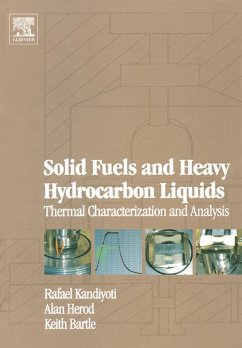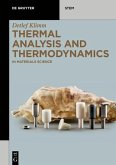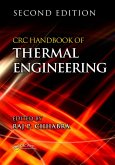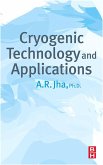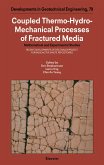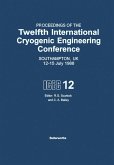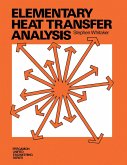Two major, interdependent strands in the study of fossil and renewable fuel utilisation are focused on within this text:
(i) Thermal characterisation of solid fuels including various ranks of coals, biomass and waste, and,
(ii) The analytical characterisation of heavy hydrocarbon liquids, covering coal, petroleum and biomass derived heavy fractions.
Two major, interdependent strands in the study of fossil and renewable fuel utilisation are focused on within this text:
(i) Thermal characterisation of solid fuels including various ranks of coals, biomass and waste, and,
(ii) The analytical characterisation of heavy hydrocarbon liquids, covering coal, petroleum and biomass derived heavy fractions.
Dieser Download kann aus rechtlichen Gründen nur mit Rechnungsadresse in A, B, BG, CY, CZ, D, DK, EW, E, FIN, F, GR, HR, H, IRL, I, LT, L, LR, M, NL, PL, P, R, S, SLO, SK ausgeliefert werden.

